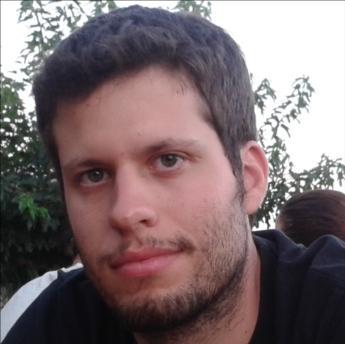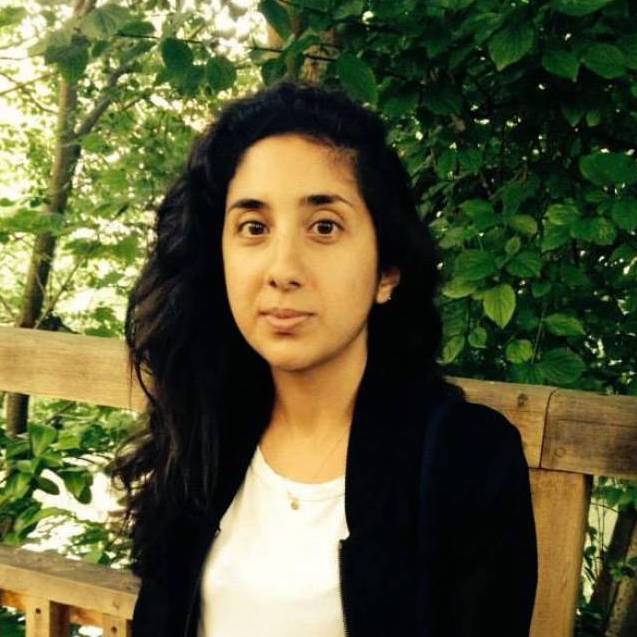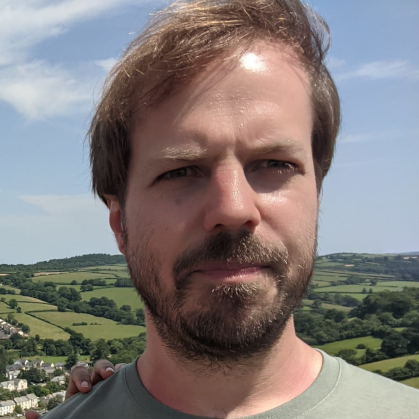Invited Speakers
Philip Resnik Professor, Linguistics and UMIACS, University of Maryland
Why Do Misinformation Spreaders Also Share Information from Reliable Sources? The Role of Fake-News Narratives
A great deal of attention is paid to the spread of false/mis-/dis- information in media. But misinformation spreaders also share articles from reputable sources, sometimes including news outlets to which they're ideologically opposed. Why? We argue that understanding the misinformation landscape isn't just about factual truthfulness, it's about understanding the way that people's prior conceptions influence their perceptions. I'll describe work in which we've constructed a dataset to look at the sharing behavior of misinformation spreaders, and analysis suggesting that sharing true information can be connected with the way that information fits in with existing narratives from fake-news sources.
Heidi J Larson Professor, London School of Hygiene & Tropical Medicine
How Vaccine Rumours Start and Why They Don't Go Away
The vaccine enterprise has failed to keep pace with the changing global dynamics, and engage the alternative voices much earlier, partly because it didn't believe that what is happening now could ever happen. And there is still denial among some. Resistance to vaccines is a growing problem threatening global health. Prof Larson will discuss some of the roots of this resistance, consider the new challenges in the face of our hyper-connected media landscape and propose ways to move forward.








